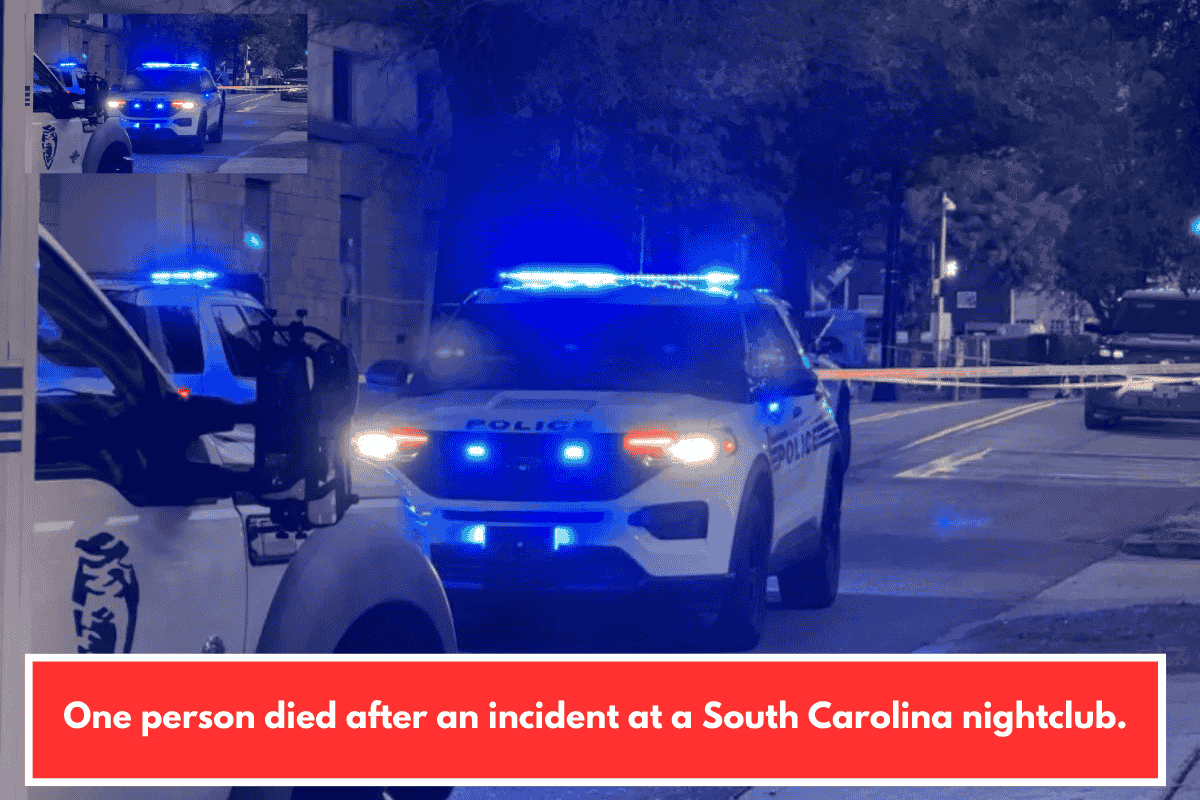A new sign on Sullivan’s Island, South Carolina, meant to honor its role in American history, is causing a stir in the local community. The sign, which reads “The Gateway to Liberty Since 1776,” is intended to commemorate the Battle of Sullivan’s Island, an important event during the American Revolutionary War. However, it has sparked criticism from some residents who feel the phrase overlooks a painful part of the island’s past related to slavery.
The Controversy Around the Sign
The phrase “Gateway to Liberty” is meant to celebrate the victory of American forces in the Revolutionary War. But many local residents believe the sign fails to acknowledge Sullivan’s Island’s dark connection to the transatlantic slave trade. Historical records, including those from the National Park Service, show that over 400,000 enslaved Africans arrived in America through this island.
Local resident Kimberly Brown expressed her disappointment with the sign, stating, “Honoring the 250th anniversary of the battle is important but calling it a ‘Gateway to Liberty’ is deeply hurtful. For many, it was a gateway to enslavement.”
The Need for Historical Acknowledgment
Mike Walsh, the president of the Battery Gadsden Cultural Center, also commented on the issue, emphasizing that while the 4th of July celebrates liberty, it is important to recognize that liberty wasn’t available to everyone at that time. He further explained, “Recognizing these imperfections helps us appreciate milestones like the Emancipation Proclamation and Civil Rights Act.”
What Happens Next?
The sign has already been ordered and is set to be installed in the coming weeks. However, local officials have acknowledged the controversy and said they will continue to listen to community concerns. Updates about the sign and the ongoing discussion will be shared in the coming weeks as the debate over how to best honor the island’s historical significance continues.
While the sign is intended to celebrate the Revolutionary War victory, it’s clear that many feel it’s important to also remember the darker chapters of history. The debate reflects broader conversations about how we honor the past and the complexities of American history.









